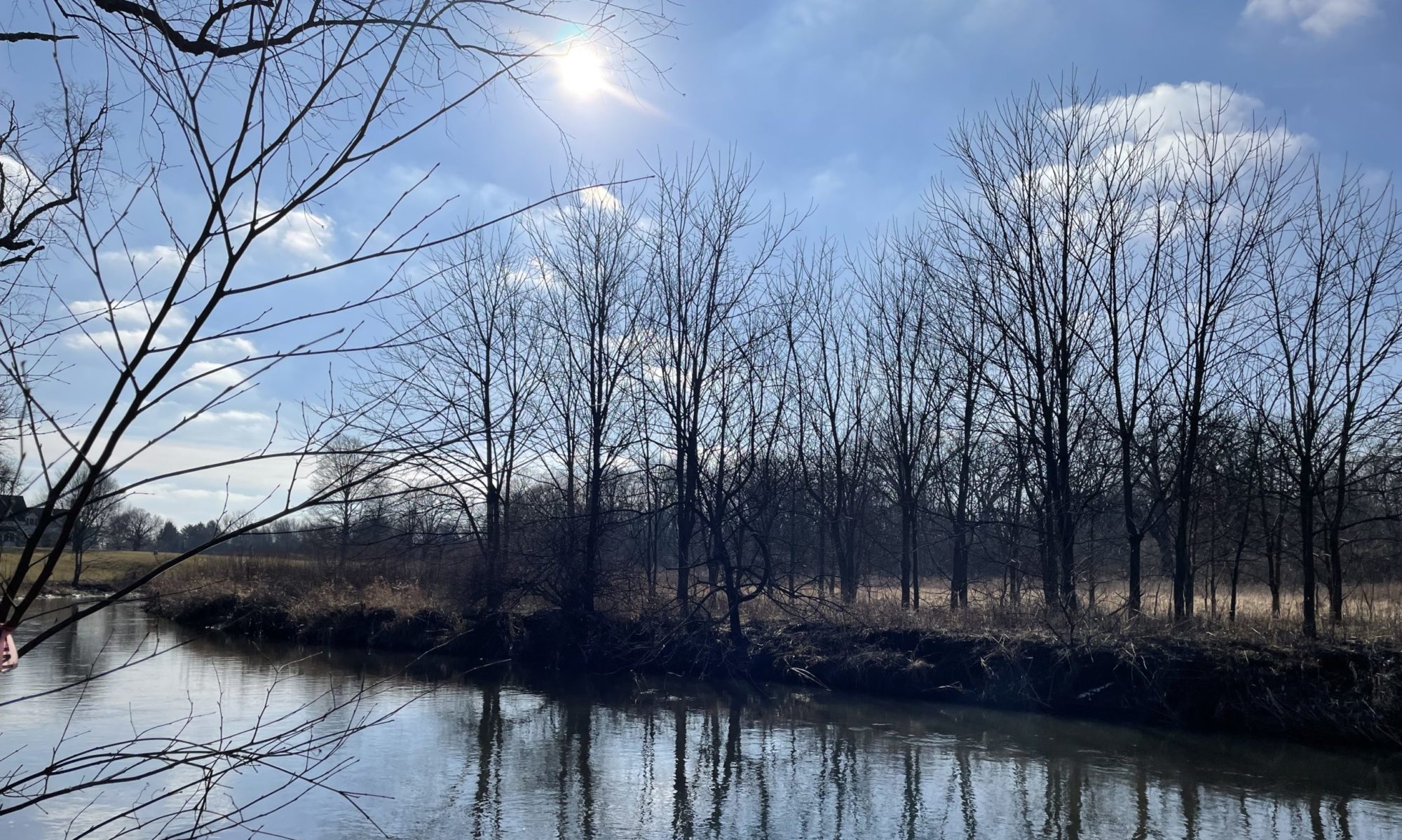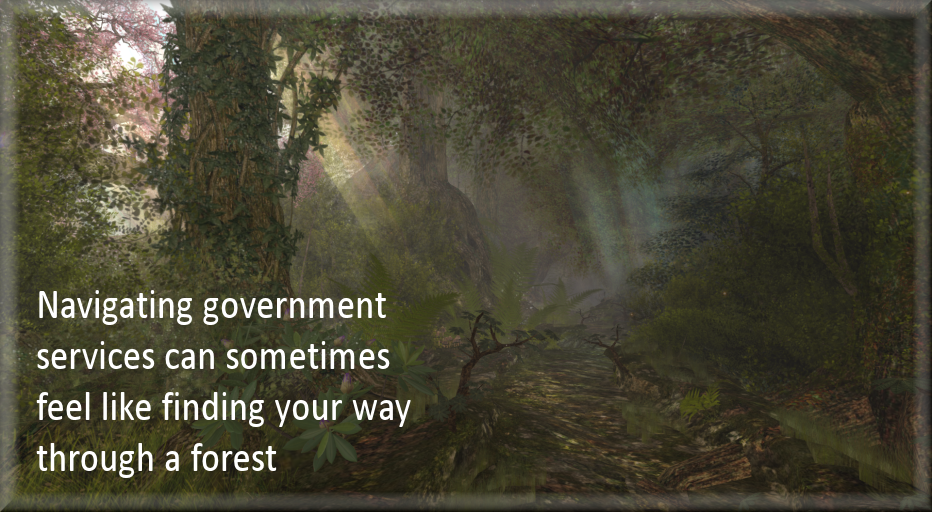Years ago a coworker who lived in a large city in the United States told me a story about how he needed to get a permit from the city’s building department to make improvements at his home. He said he tried for a very long time, but had no luck getting the permit in a timely manner. He felt his application had dropped into a black hole. According to him, many had the same experience. So much so that there are people who hang out at the city building offices in the hall who you can hire to advocate on your behalf with the city staff to review and issue your permit. They have a relationship with the staff and know well how to navigate the system. As soon as he hired one of these people, he got his permit.
I don’t have any personal knowledge of this situation so cannot verify my coworker’s story, although there seemed to be no reason for me not to believe it is true. Also, there have been studies showing it can be difficult for the average citizen to navigate government services or know how to work within the system to have their issues addressed in a timely manner. A few years back, GSA published this study, “Expectations and challenges, Informing the future of the Federal Front Door,” which looked at understanding the public’s overall experience interacting with government. The study revealed people primarily depend on their family and friends for help with navigating government services. They also don’t understand many of the processes involved with providing those services. While the study didn’t seem to ask if people understood which level of government delivers which services, I believe that can be an issue for people too. The study did report that sometimes people are also not sure if a service is provided by government or a private entity which leads to more misunderstanding.
So what can be done to improve people’s understanding of government services and how to best navigate the system? It seems in that one city, people have stepped in to help others, although they only do so for a fee. Instead of taking that approach, it made me wonder if it would be possible to take advantage of the knowledge and skills of retired government workers. If a non-profit organization was set up with retired government workers as members who are interested in volunteering their time, could this serve as a resource for people to turn to? There are a lot of retired folks who are looking for volunteering opportunities and the skills retired government workers bring are wide-ranging and at an advanced level.
While there is no such volunteer organization available now, I came across a site, CoachMeFree.com which seems like it could help out. It’s a site for people who are willing to offer free coaching in a multitude of topics as well as a site for those looking for some free coaching. The site does suggest to coaches not to offer too many free sessions because if you are a professional coach, it can devalue your services. But I was thinking a lot of time average citizens who need help with government are usually only looking for help with one or two issues. So if you are an experienced government worker or one who is retired and looking for ways to help others understand and navigate government, this site might be a place where you can offer your expertise.



